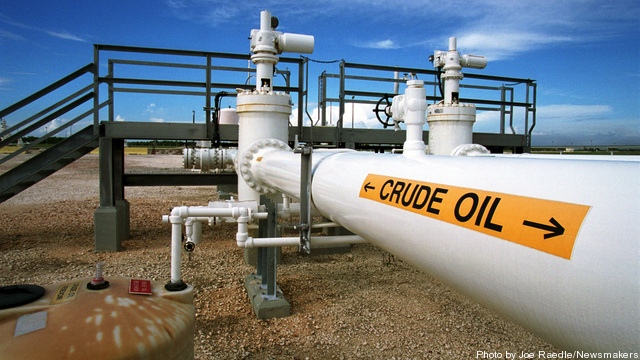According to EIA, the share of imports in U.S. energy consumption for the first half of 2014 reached the lowest level in 29 years.
On October 10, 2014, the Energy Information Administration (EIA) released a report showing that net U.S. energy imports as a share of consumption for the January-June 2014 period reached the lowest level in 29 years. From January-June 2014, total energy consumption was 3 percent higher compared to the same period in 2013. However, energy production increases outpaced consumption growth, leading to a 17 percent reduction in net imports over the same six-month period.
The EIA noted that monthly energy consumption in 2014 remained higher compared to 2013, with 81 percent of the total consumption increases occurring in January and February due to colder weather. Natural gas accounted for 55 percent of the 2014 year-to-date consumption increase, 24 percent coal, 12 percent renewable energy, 8 percent petroleum, and 3 percent nuclear power. Residential and commercial sectors represent 69 percent of the natural gas consumption increase while the industrial sector represents 30 percent.
According to EIA, the increase in total energy production can be entirely attributed to petroleum and natural gas, which represent 52 percent and 27 percent of the 2014 year-to-date production increase; renewable energy and nuclear power represent 9 percent and 2 percent, respectively, while coal production fell by 1 percent. Increased U.S. oil and gas production in the Bakken, Marcellus, Eagle Ford, and Permian Basin regions is attributed to advanced drilling methods.
From January-June 2014, petroleum and natural gas imports dropped by 6 percent and 5 percent respectively, causing a 6 percent decline in total energy imports compared to the same period in 2013. Total energy exports from January-June 2014 increased by 8 percent, attributable to a 21 percent increase in petroleum product exports when compared to the same period in 2013.
Originally published by EnerKnol.
EnerKnol provides U.S. energy policy research and data services to support investment decisions across all sectors of the energy industry. Headquartered in New York City, EnerKnol is proud to be a NYC ACRE company.


